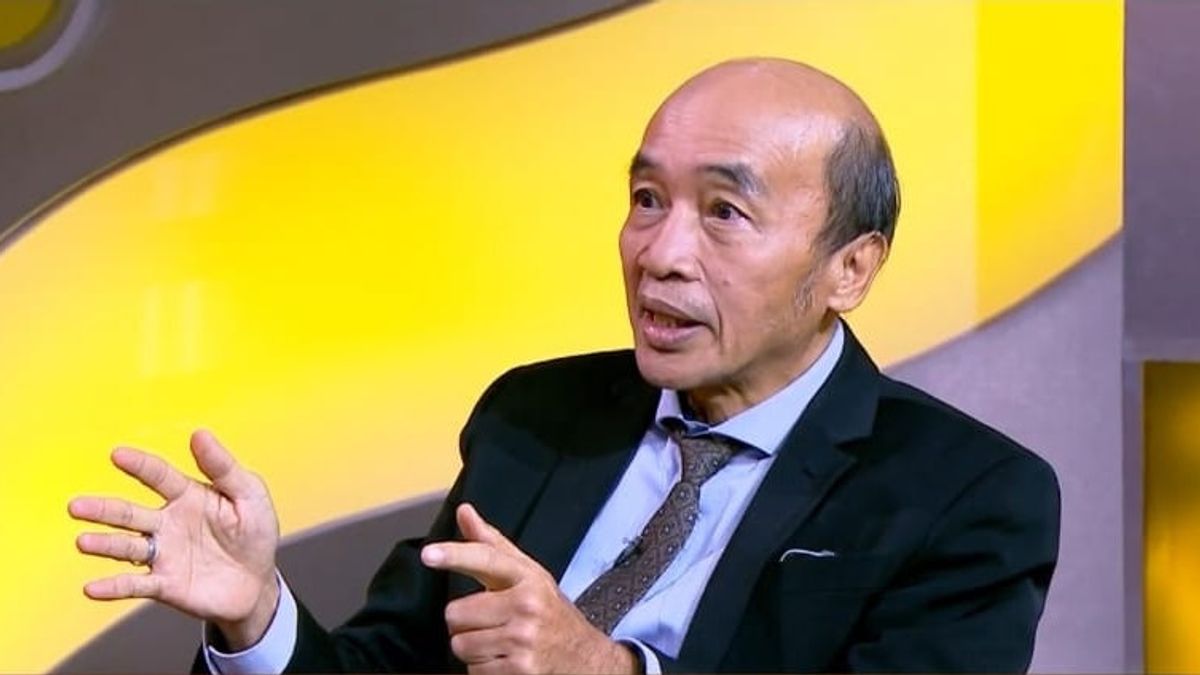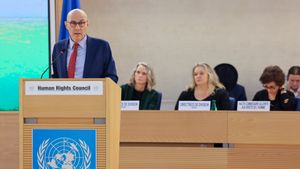JAKARTA - Anti-corruption activist and activist Bambang Harymurti asked Supreme Court judges to show their professionalism and dare to fight the current if needed in the case of Mardani H Maming. Bambang said there was not enough evidence to establish Maming as the party who was guilty.
"I remind the Supreme Court that it is better to release 10 guilty people than detain one innocent person," he said in an electronic message received in Jakarta, Wednesday, November 6.
Bambang conducted an analysis of the trial verdict that ensnared Mardani H Maming in the alleged bribery case while serving as Regent of Tanah Bumbu, South Kalimantan.
Recently, the legal phenomenon in Indonesia has shown a downward trend in the quality of independence. He considered that the legal process that should prioritize justice is now further away from these principles.
"With all studies from academics such as UII, UI, UGM, Unpad, and Undip, as well as activists such as Prof. Todung, I decided to fight the flow, because it turned out that Mardani H Maming was not proven guilty," he said.
Bambang's statement is in line with Prof. Dr. Todung Mulya Lubis, who considers that in this case, there are indications of miscarriage of justice or heretical justice. According to Todung, the judge's decision tends to be one-sided in handling the case.
He criticized the panel of judges who in making decisions only considered the testimony of witnesses who did not witness the incident firsthand, while other different testimonies were ignored.
"In this case, judges seem trapped in an objective perception," said Todung.
Prof. Todung's opinion was strengthened by Prof. Hanafi Amrani who carried out the examination of the case. Prof. Hanafi assessed that there was an error in the application of the law which caused legal facts to be ignored.
He also said that the article used to ensnare Mardani H Maming did not have a solid basis for facts. Based on this article, bribery cases must meet several elements, including givers, recipients, and agreements to take actions that violate the law.
These elements were not proven in court. There is no meeting of minds (equalities of will) between the two parties. However, the judge concluded that the flow of funds to the defendant's company was a form of retaliatory, even though there was no evidence of an agreement," he explained.
SEE ALSO:
According to Prof. Hanafi, the judge's consideration in this case was an unacceptable leap of thought and was not legally proven in court.
The English, Chinese, Japanese, Arabic, and French versions are automatically generated by the AI. So there may still be inaccuracies in translating, please always see Indonesian as our main language. (system supported by DigitalSiber.id)

















